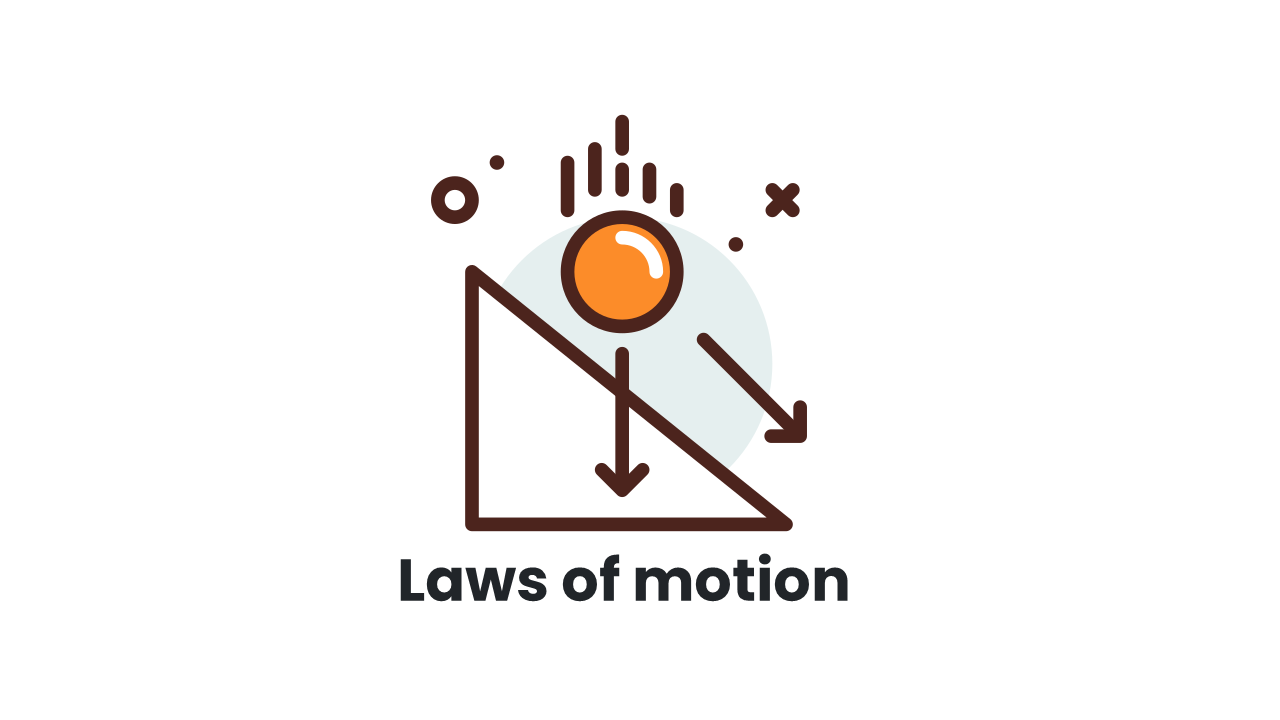- A Potential energy
- B Kinetic energy
- C Heat energy
- D Electrical energy
Answer:
B
Thermal energy is also known as 'heat energy' or simply 'heat'.
 Laws of motion
Laws of motion .jpeg) Optics
Optics  Acoustics
Acoustics